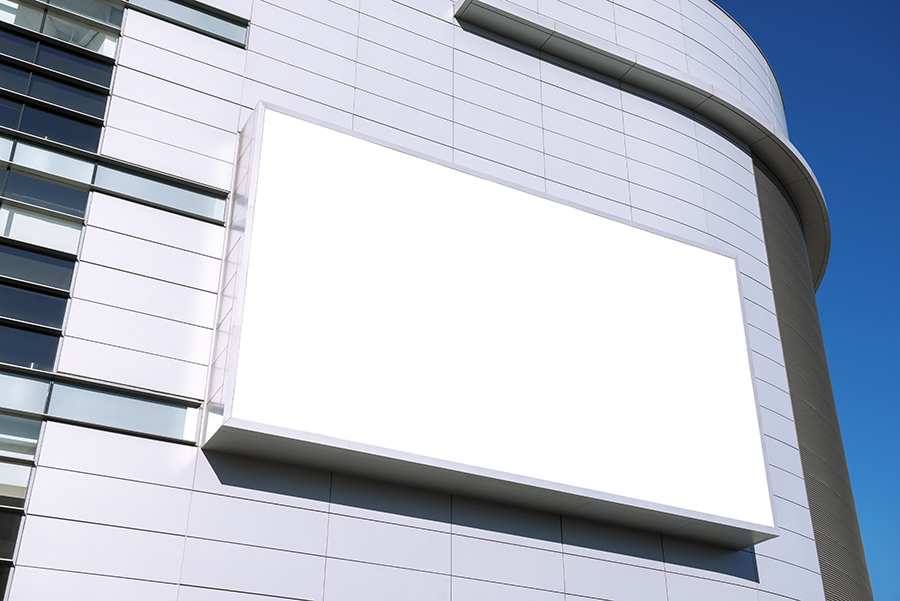In this article, you'll learn:
- Different types of signage: building, exclusive, and monument.
- How to negotiate signage rights with landlords.
- Reasons landlords may restrict signage.
- Costs associated with designing, installing, and maintaining signage.
Knowing your signage options when you are about to sign the commercial lease is very important for your business brand. The proper signage helps your current and prospective customers to easily locate your new company location. For companies who own their buildings, they can display their logos anywhere allowed by the local laws. However, you need to understand signage options if you want to be able to put your signage option in front of a leased building. Here are a few things to know about signage:
1. The Types Of Signage
There are typically three types of signage:
-
Building signage In this signage option, landlords may consent when two tenants equally share the majority of the building. In this instance, both names may be added to the top of the building or in locations such as the parking garage, and the top of the building.
-
Exclusive building signage In exclusive building signage, you are the sole tenant (or renting multiple floors of the building). Hence, the landlord may display your company name prominently on the facade.
-
Exclusive monument signage In exclusive monument signage, you may be able to have your company’s name displayed on a standalone sign or get to be the only company listed on the monument sign for the building.
Understanding the different types of signage will help you in knowing how to approach your signage negotiation.
2. Negotiate Your Signage
Some landlords are flexible and notice your need for a sign on their building. However, you may have to negotiate signage with a landlord in some cases. In cases where you have to negotiate the signage, ensure you do that before signing the lease. To have a successful negotiation, you may want to offer longer lease terms in exchange for the right to post your sign. To have the exclusive building signage option, you may also want to lease more space.
3. Understand Why Signage Is Restricted
There are several reasons why landlords may want to restrict their tenants’ signage options. Here are some of the reasons:
-
Aesthetic restrictions. Landlords, in their bids to avoid cluttering their buildings’ facade, may decide to restrict signage and prevent tenants from advertising on a building.
-
City restrictions. Zoning laws may prevent corporate tenants from displaying advertisements of their companies on buildings.
-
Space restrictions. If there are many tenants in an office space, the landlord may not have enough room to allow every tenant to post their signs
4. Prepare For All Costs
It is essential that you prepare for all costs connected with your company’s sign. These may include design, installation, repairs, and removal. Also, ensure that you have a proper understanding of your landlord’s policy as well as the zoning laws as regards signage before signing the lease.
Having the proper signage will help your customers to easily locate your company. In addition, signage is a cost-efficient form of advertising that will significantly lower your advertising budget, make your company more visible and help you grow your business.
Here are some other articles to check out:
7 Commercial Leasing Due Diligence Tips
You Need a Tenant Rep Broker: Here’s Why
Top 10 Commercial Real Estate Terms You Need to Know
Subscribe to our blog for more CRE tips!!







